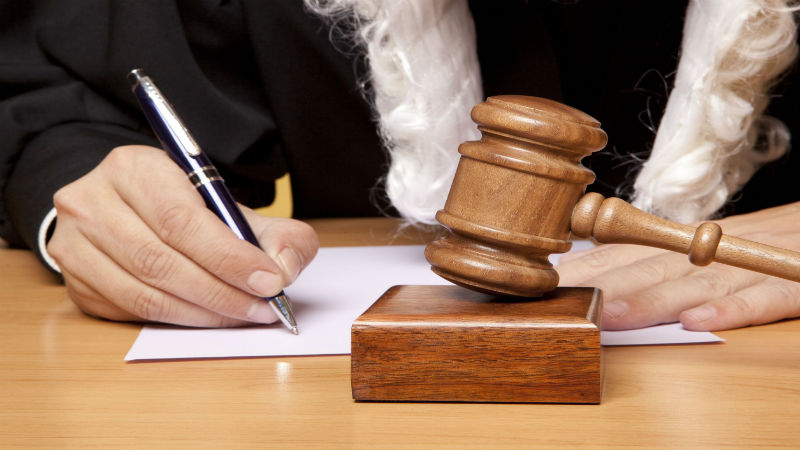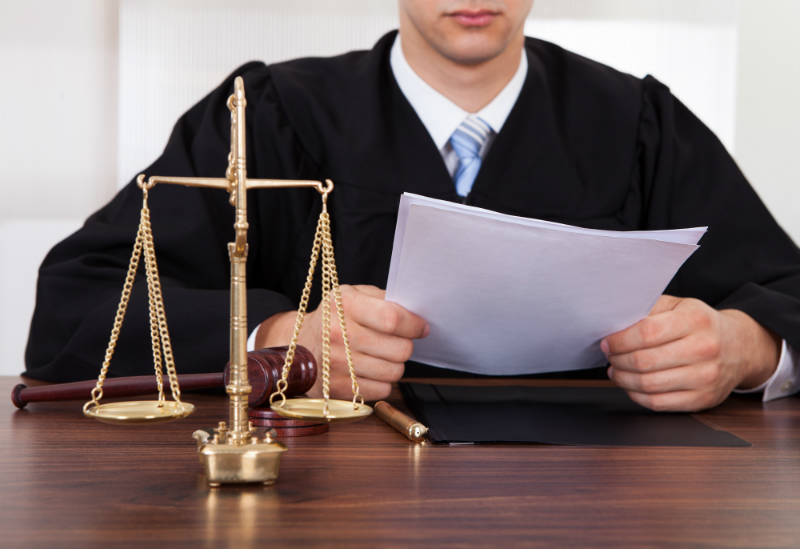During a Chapter 7 Bankruptcy Murrieta, a debtor’s assets are liquidated with limited exceptions for living necessities such as food, shelter, and clothing. The proceeds of this liquidation are used to pay off the creditors. Generally, once this process is complete, the debt is eliminated whether or not it was payed off in full and the debtor can no longer continue collection practices. However, there are some circumstances in which the discharge will not be granted.
The most common reason for a discharge not being granted in a Bankruptcy Murrieta is the debtor not being fully truthful. This could include false statements made to the court or during the meeting with creditors, the failure to keep financial records, or the unexplained loss of assets. Failure to follow court orders or to attend a financial management course could also result in no discharge being granted. In addition, fraudulent transfer or destruction of property to avoid it being handed over to creditors may not only result in no discharge being granted, but also in criminal charges being filed.
Certain debts on secured property may also not be discharged. For example, if a debtor wishes to keep property that would otherwise be sold off, such as a house or car exceeding the statutory exemption limit, they can enter into an agreement with the creditor where the debt will service the bankruptcy and they will continue to make payments. If an attorney was used during this process, they must certify to the court that they counseled the debtor on the consequences of entering into such an agreement and that the debtor is making an informed decision.
The law also prevents specific kinds of debts from being discharged in bankruptcy. The most common type is federally backed student loans. Court judgments such as alimony and child support can also not be discharged. Also included are certain severe tort awards such as for malicious damage to property and damage caused while driving while intoxicated. Criminal restitution debts cannot be discharged. Debts incurred as a result of fraudulent action may not be discharged if the creditor petitions the court. Finally, any discharge may be revoked if the creditor later shows the court that it was obtained by fraud.
? ? ?


